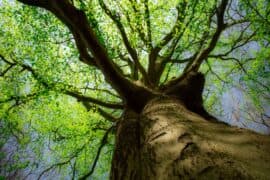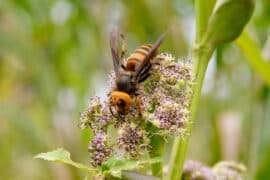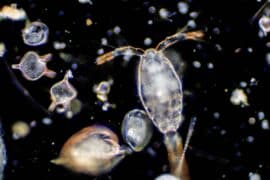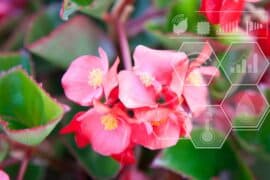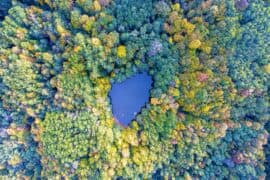Wild rice
(Zizania aquatica)
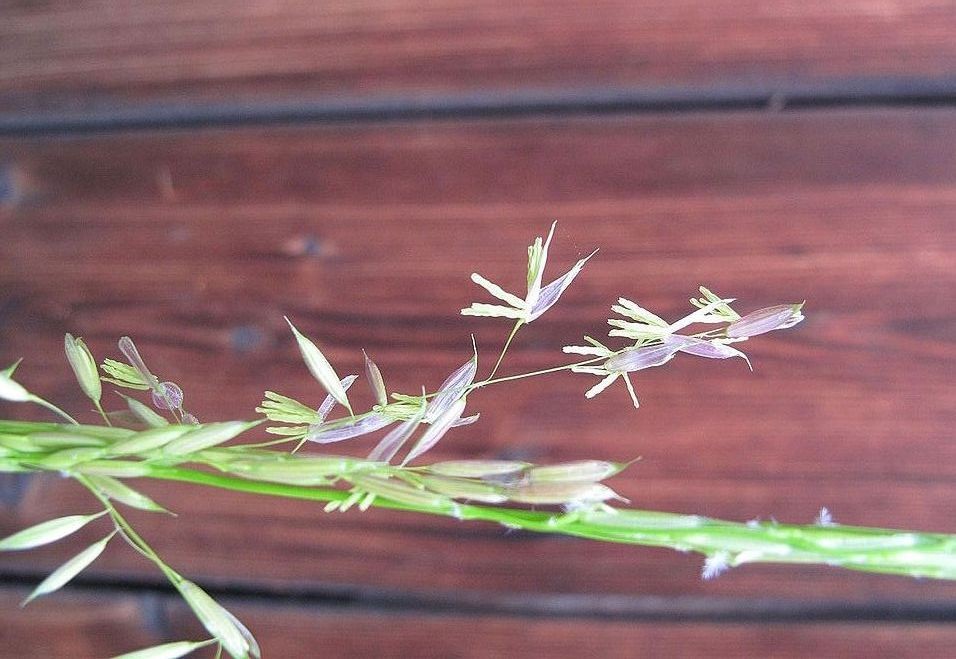
Description
Wild rice, also called Canada rice, Indian rice, or water oats, is any of four species of grasses that form the genus Zizania, and the grain that can be harvested from them. The grain was historically gathered and eaten in both North America and China, but eaten less in China, where the plant's stem is used as a vegetable. Wild rice is not directly related to domesticated rice (Oryza sativa and Oryza glaberrima), although they are close cousins, all belonging to the tribe Oryzeae. Wild-rice grains have a chewy outer sheath with a tender inner grain that has a slightly vegetal taste. The plants grow in shallow water in small lakes and slow-flowing streams; often, only the flowering head of wild rice rises above the water. The grain is eaten by dabbling ducks and other aquatic wildlife. The species most commonly harvested as grain are the annual species: Zizania palustris and Zizania aquatica. The former, though now domesticated and grown commercially, is still often gathered from lakes in the traditional manner, especially by indigenous peoples in North America; the latter was also used extensively in the past. Native Americans and others harvest wild rice by canoeing into a stand of plants, and bending the ripe grain heads with two small wooden poles/sticks called "knockers" or "flails", so as to thresh the seeds into the canoe. One person vans (or "knocks") rice into the canoe while the other paddles slowly or uses a push pole. The plants are not beaten with the knockers, but require only a gentle brushing to dislodge the mature grain. Some seeds fall to the muddy bottom and germinate later in the year. The size of the knockers, as well as other details, are prescribed in state and tribal law. By Minnesota statute, knockers must be at most 1 in (2.5 cm) diameter, 30 in (76 cm) long, and 1 lb (450 g) weight. Several Native American cultures, such as the Ojibwa, consider wild rice to be a sacred component of their culture. The Ojibwe people call this plant manoomin, meaning "harvesting berry" (commonly translated "good berry"). In 2018, the White Earth Nation of Ojibwe granted manoomin certain rights (sometimes compared to rights of nature or to granting it legal personhood), including the right to exist and flourish; in August 2021, the Ojibwe filed a lawsuit on behalf of wild rice to stop the Enbridge Line 3 oil sands pipeline, which puts the plant's habitat at risk.
Taxonomic tree:

